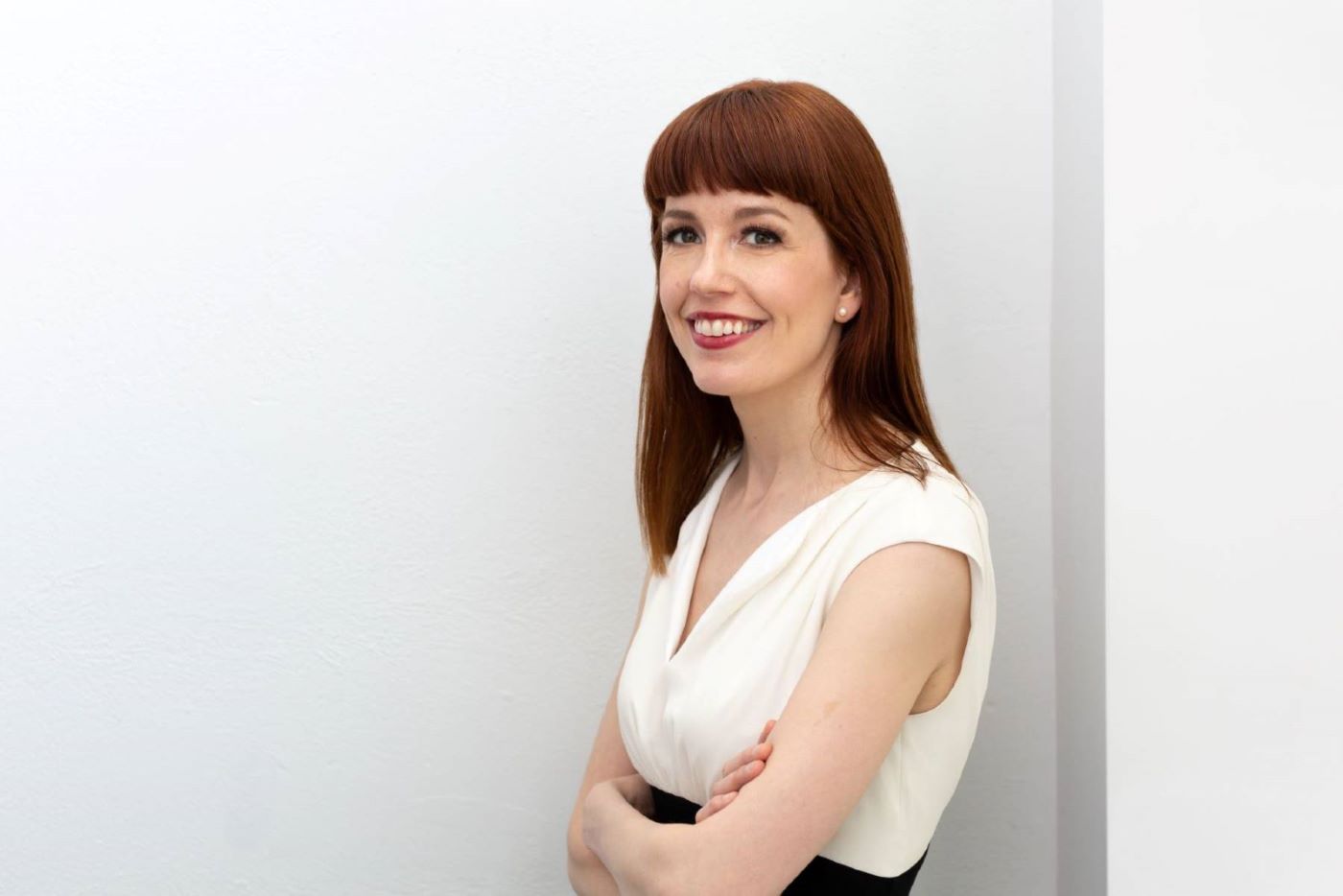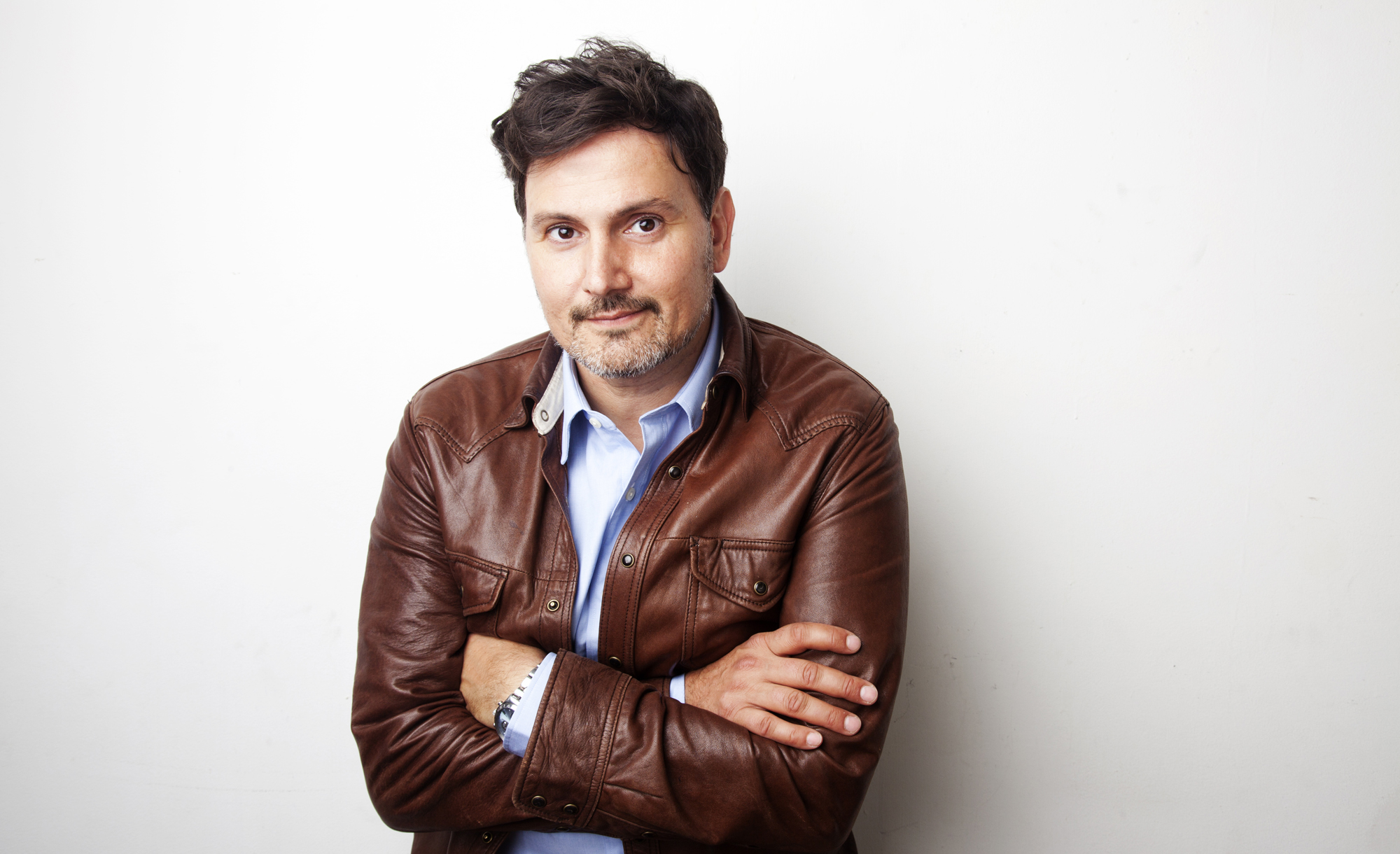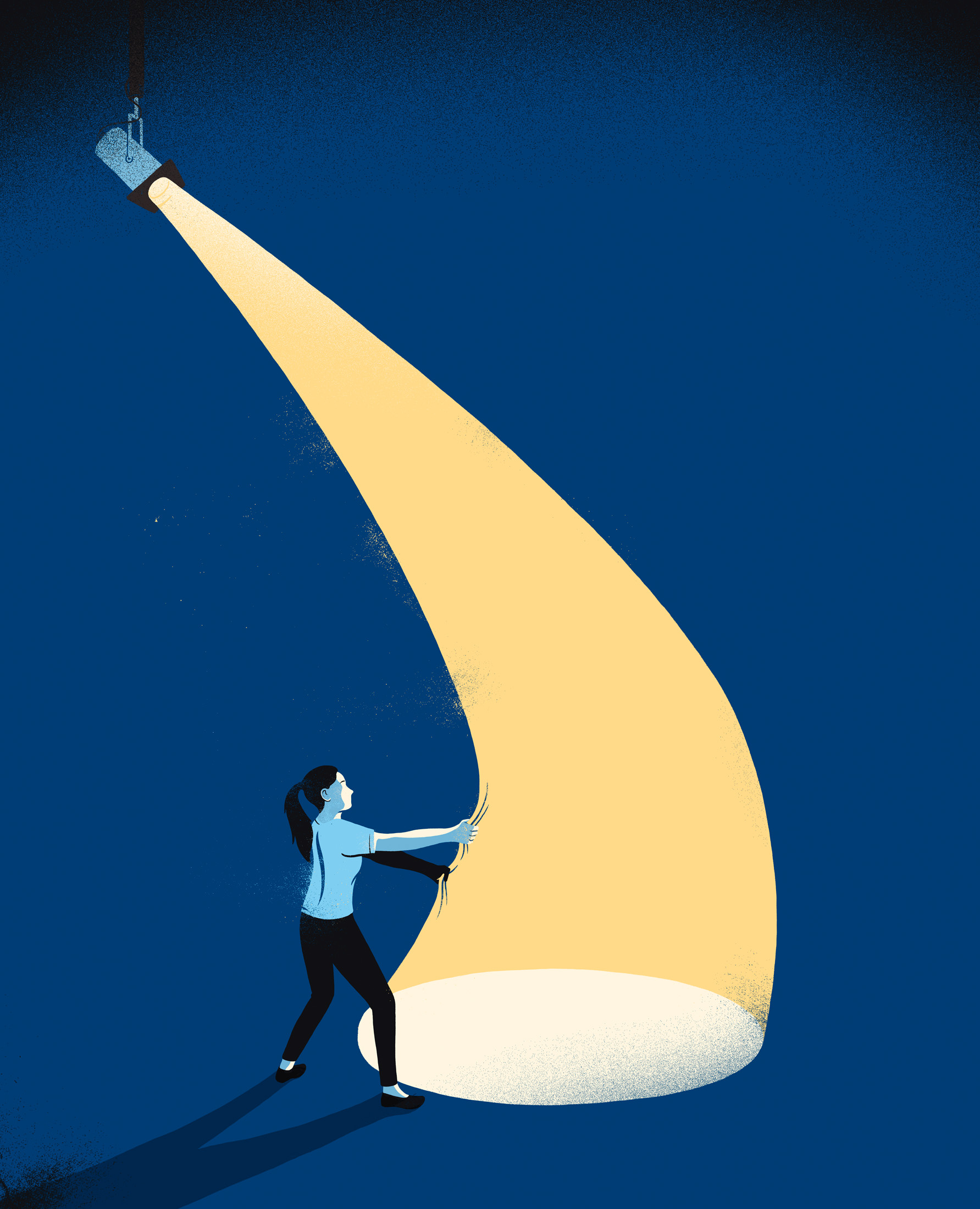Vancouver was still shaking off the vestiges of its teenage cultural anxiety when the PuSh International Performing Arts Festival was founded in 2003. We’d had art stars like photographer Jeff Wall, and our debutante’s ball with Expo 86. But too many people still figured the city was just the last stop on the tour, the place you had to leave to succeed. We were measured against older cities. We played other places on TV. We were far from everywhere.
That was one impetus for PuSh. “The visual arts had been connected internationally for a good while, but the performing arts hadn’t,” recalls Norman Armour, who co-founded and ran the PuSh festival for 15 years.
Now it’s different. In September, The Guardian newspaper named Crystal Pite and Jonathon Young’s Betroffenheit, a Vancouver production that toured globally, the dance show of the 21st century so far. This from a city that, as Armour puts it, “still struggles with the notion of ‘Would I look like a fool for trying?’”
Change can be hard to earn. Yet more is coming.
In just two years, the leaders of most major arts organizations in the city have departed. VSO, BBC, VAG, VIFF, and VO: It’s a festival of acronyms. The symphony’s Bramwell Tovey, the ballet’s Emily Molnar, the art gallery’s Kathleen Bartels, and the film festival’s Jacqueline Dupuis are all going or gone. The opera’s James Wright retired in 2016, and his replacement stepped down in November. Vancouver International Jazz Festival co-founder Ken Pickering, who carefully built bridges between Vancouver musicians and global players for 30 years, died in 2018. Vancouver Chamber Choir founder Jon Washburn retired 18 months ago after nearly half a century. Mary-Louise Albert is leaving the Norman Rothstein Theatre and the Chutzpah! Festival after 15 years. Several small organizations have new leaders, the Fringe Festival is looking for one. As for Bard on the Beach, the Firehall Theatre, and The Cultch, can change be too far away?
Some people have remarked on the number of women leaving key positions. Others, such as Armour and Vancouver Art Gallery interim artistic director Daina Augaitis, see a more benign explanation. “I think it’s a generational shift,” says Augaitis, now in her second stint as interim director, following Bartels’ sudden departure last spring after 18 years at the helm.

Ashlie Corcoran is the new artistic director of the Arts Club. Photo courtesy of Moonrider Productions.
The change may be generational, but it sometimes also feels geological. In 2018, Bill Millerd stepped aside after 46 years as the Arts Club Theatre Company’s boss. When he started there, as a stage manager, the federal government was still building out its national arts infrastructure, so the country’s more urban citizens might see the odd Canadian play.
The new Arts Club artistic director is White Rock’s Ashlie Corcoran, who remembers first being inspired by an Arts Club show, Morris Panych’s production of She Loves Me, just two decades ago. When she left for Ontario, where she built a stellar resumé as a director, she didn’t assume she’d get to come home to work.
Now Corcoran is grateful for the Arts Club’s stability—an annual operating budget of about $16-million makes it the largest non-profit theatre company in Western Canada. “What are the opportunities when you’re secure? What are the risks that you should take when you are secure?” Yet she wants to move slowly. “There’s this image of a visionary sweeping in—this is what we’re going to do,” she says, in her spartan office at the BMO Theatre Centre. “It’s mostly listening.”
What are the key challenges for the new leadership? The City of Vancouver’s new cultural plan, Culture|Shift, surveys a few. The city’s cultural makeup is different. Culture|Shift assumes, says Armour, that “arts organizations that the City of Vancouver supports should represent the city.” He points in particular at the need for arts boards, which define missions and hire executive directors, to look closely at their own representation issues. “Boards tend to replicate themselves.”
Culture|Shift wants to embed diversity in our arts institutions, just as it aims to embed culture itself in all of the City of Vancouver’s decision-making. It makes a priority of signifying our Indigenous history through art. It wants more partnerships. Mostly, though, it aims to ensure that the levers the City actually controls—such as grants, land use, and property taxes—are effectively used to make it affordable for artists to live and work here.

Franco Boni is the new executive and artistic director of the PuSh Festival. Photo courtesy of the PuSh Festival.
For Franco Boni, who came to PuSh last summer from Toronto’s Theatre Centre, some of the challenges reflect current social conversations. One is the need to better understand Indigenous culture. Another is the state of democracy. A third, particularly for an international festival with a big air travel component, is climate change.
Art today is political, and it’s multi-disciplinary. He suggests the art world’s old virtuoso specialists still get funding when generalists are in demand. “What we need are community builders,” he says—contemporary arts leaders who build through consensus. “We know how to do that.”
For the VAG’s Augaitis, who believes big traditional arts organizations need stability and continues to press for a new gallery building across from the Queen Elizabeth Theatre, one central challenge is that key potential partners aren’t truly invested in Vancouver. “We do suffer from the fact that we don’t have corporate head offices. We are not a provincial capital.” The provincial and federal governments, she says, haven’t rejected the VAG’s ambitious proposal. But neither wants to show its money cards—downtown Vancouver hasn’t broken ground on major new public arts infrastructure since the Queen Elizabeth Theatre complex was completed in 1959.
Who should get what in changing times? “In Vancouver,” says Armour, who argues that the arts are undercapitalized, “the pie isn’t even a pie.”
So some things haven’t changed. Yet there’s a lot more to build on. Augaitis says our “times of accelerated change” are both a threat and an opportunity, and that new leadership can bring regeneration in a city that is still young. “Because Vancouver’s new, there is an openness to things that are new. Each place is unique unto itself, and that’s what’s most important.”









